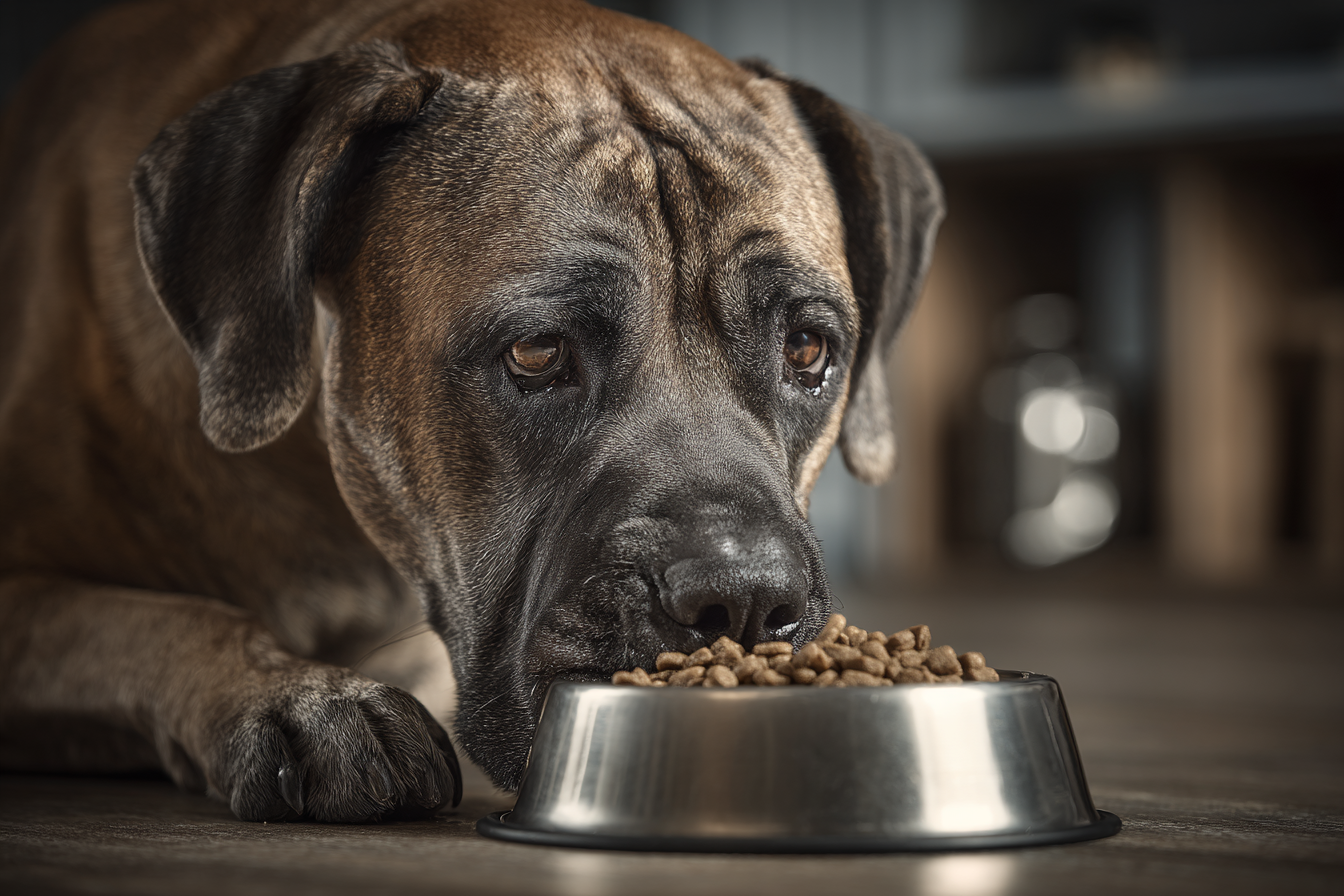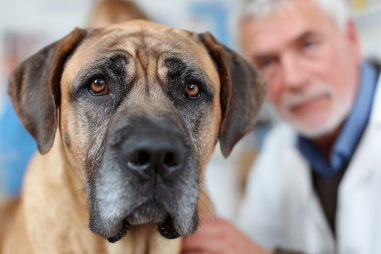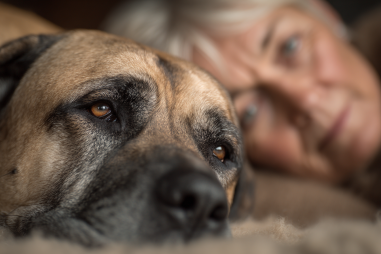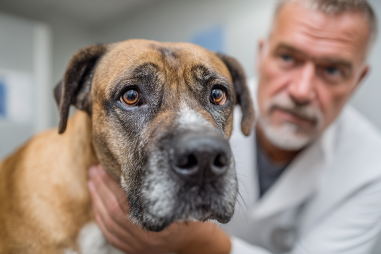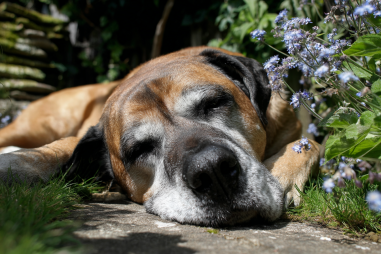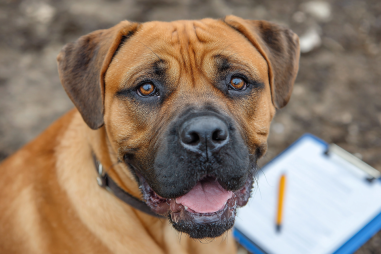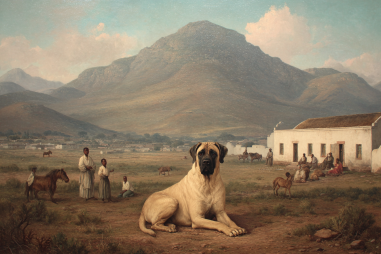Providing the right diet and nutrition for your Boerboel is essential to keep this powerful and majestic dog breed strong, healthy, and happy throughout its life. Boerboels have specific dietary needs due to their size, activity level, and genetic predispositions. Understanding what foods to feed, how often, and in what quantities can greatly impact their wellbeing and longevity. In this guide, we’ll walk you through everything you need to know about optimal Boerboel nutrition – from their basic nutritional requirements to feeding schedules, suitable commercial foods versus homemade meals, necessary supplements, treats, and foods to avoid.
Nutritional Requirements of Boerboels
Boerboels are a large, muscular breed originally bred for guarding and working, so their nutritional needs reflect their active lifestyles and robust physique. Their diet must provide a balanced supply of proteins, fats, carbohydrates, vitamins, and minerals to support muscle development, energy demands, and overall health.
Proteins: Quality protein is paramount for muscle maintenance and growth. Boerboels need around 22-30% protein in their diet depending on their age and activity level. Good sources include high-quality meat such as chicken, beef, lamb, and fish.
Fats: Fats are a concentrated energy source and vital for healthy skin and coat. About 8-15% fat content in their diet is recommended. Omega-3 and Omega-6 fatty acids from fish oils and flaxseed improve coat shine and reduce inflammation.
Carbohydrates: While dogs don’t require high carbs, moderate levels from sources like brown rice, sweet potatoes, and oats provide energy and fiber to maintain gut health.
Vitamins and Minerals: Vital for immune support, bone strength, and metabolic functions, vitamins like A, D, E, and minerals such as calcium and phosphorus are essential. These are often included in balanced commercial diets or can be supplemented carefully when feeding homemade meals.
Choosing Commercial Dog Food vs. Homemade
Deciding between commercial dog food and homemade meals is a common consideration for Boerboel owners. Both options have their pros and cons, so your choice depends on your lifestyle, budget, and commitment.
Commercial Dog Food
High-quality commercial dog foods formulated for large breeds can be a convenient, nutritionally complete option. Look for products labeled for large or giant breeds that emphasize protein and controlled calcium levels to support joint health. Avoid foods with excessive fillers, artificial preservatives, and by-products.
Brands that undergo rigorous testing and include added glucosamine and chondroitin may help prevent joint issues common in large dogs. Additionally, commercial food simplifies portion control and feeding schedules.
Homemade Diet
For those who prefer full control over ingredients and freshness, preparing homemade meals can be rewarding. It allows customization for allergies or preferences and includes fresh, whole ingredients.
However, homemade diets require careful planning to ensure balanced nutrition with the correct ratio of protein, fats, carbohydrates, and micronutrients. Consulting with a veterinarian or canine nutritionist is essential to avoid deficiencies or imbalances.
Feeding Schedules and Portion Control
Proper feeding routines help prevent obesity and digestive issues while promoting optimal energy levels for your Boerboel.
Boerboel puppies should be fed 3 to 4 small meals daily to support their rapid growth and avoid bloating. As they mature, two meals a day – morning and evening – usually suffice.
Portion sizes depend on age, weight, metabolism, and activity. On average, adult Boerboels weighing 100-150 pounds might consume anywhere from 4 to 6 cups of high-quality dry food a day, divided into two meals.
Using measured scoops and weighing meals can help prevent overfeeding, which leads to weight gain and joint stress. Adjust portions based on your dog’s body condition – ribs should be palpable but not visible, and your dog should have a defined waist.
Supplements and Treats
Supplements can enhance your Boerboel’s diet, especially for joint health and coat quality. Some beneficial options include:
- Glucosamine and Chondroitin: Support joint cartilage and reduce arthritis risks, essential for large breeds prone to hip dysplasia.
- Fish Oil (Omega-3 Fatty Acids): Promotes a healthy coat and reduces inflammation.
- Probiotics: Help maintain digestive balance and improve nutrient absorption.
Treats should be healthy and given in moderation. Opt for natural, low-calorie treats like small pieces of cooked chicken, carrots, or specially formulated dog biscuits. Avoid over-treating to prevent excess calorie intake.
Foods to Avoid
Certain human foods and ingredients can be toxic or harmful to your Boerboel:
- Chocolate: Contains theobromine, toxic to dogs.
- Grapes and Raisins: Can cause kidney failure.
- Onions and Garlic: Damage red blood cells and cause anemia.
- Xylitol: Artificial sweetener extremely toxic to dogs.
- Excessive Salt and Fat: Can lead to pancreatitis or dehydration.
- Raw Dough: Can expand in the stomach and produce harmful alcohol.
Always keep these foods out of your Boerboel’s reach and explain these hazards to family members and visitors.
Monitoring Weight and Health
Regularly assessing your Boerboel’s weight and overall condition is vital to adjust diet and exercise accordingly. Large breeds are susceptible to obesity, which can accelerate joint problems and reduce life expectancy.
Use a body condition scoring system to evaluate your dog’s fat levels. You should be able to feel but not easily see the ribs, and the waist should be visible behind the ribs when viewed from above.
Regular veterinary check-ups help identify any nutritional deficiencies or health issues early. If your Boerboel’s energy levels drop or physical appearance changes (dull coat, excess weight gain, or muscle loss), it may be time to revisit their diet and feeding habits.
By paying careful attention to your Boerboel’s diet and nutrition, you lay the foundation for a long, active life. Combining appropriate foods, proper feeding routines, and avoidance of harmful ingredients keeps your strong companion thriving. With conscientious care, your Boerboel will remain a happy, healthy protector and friend for years to come.

